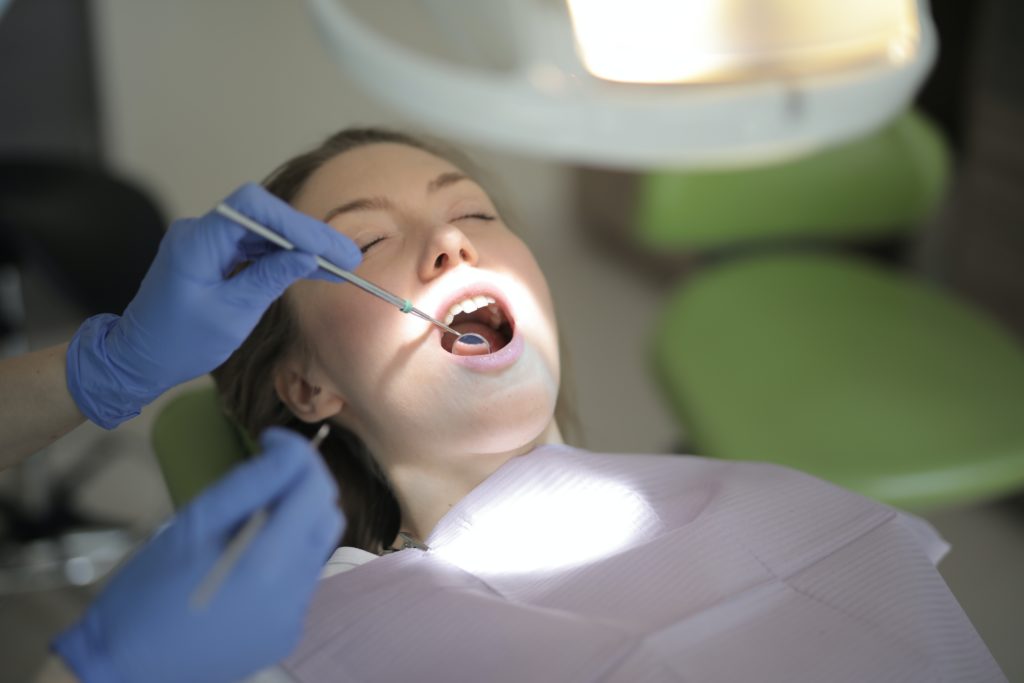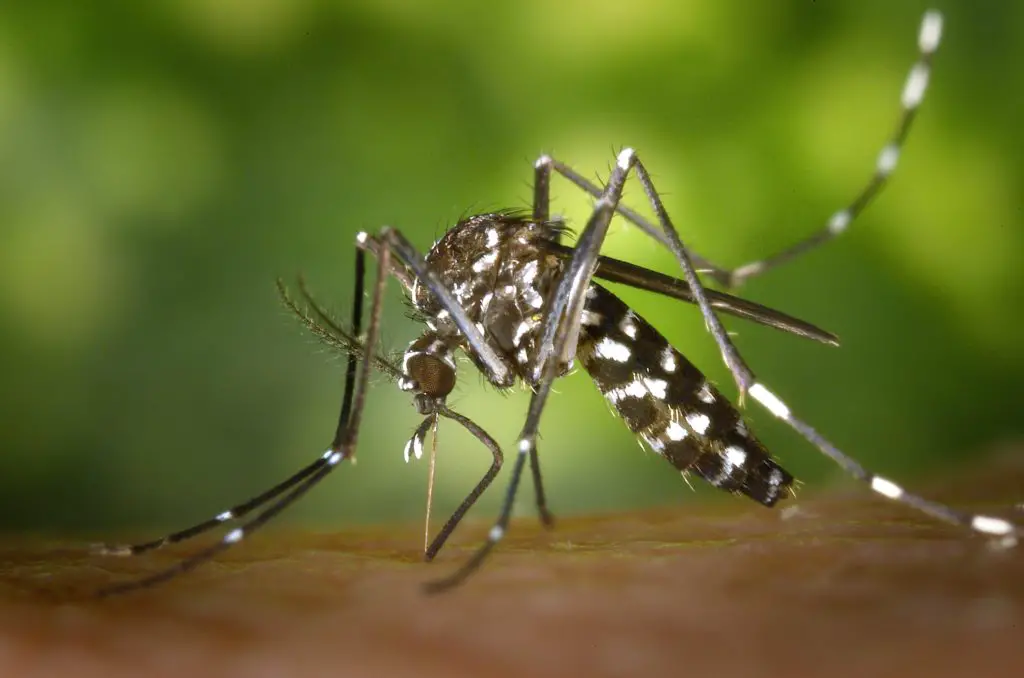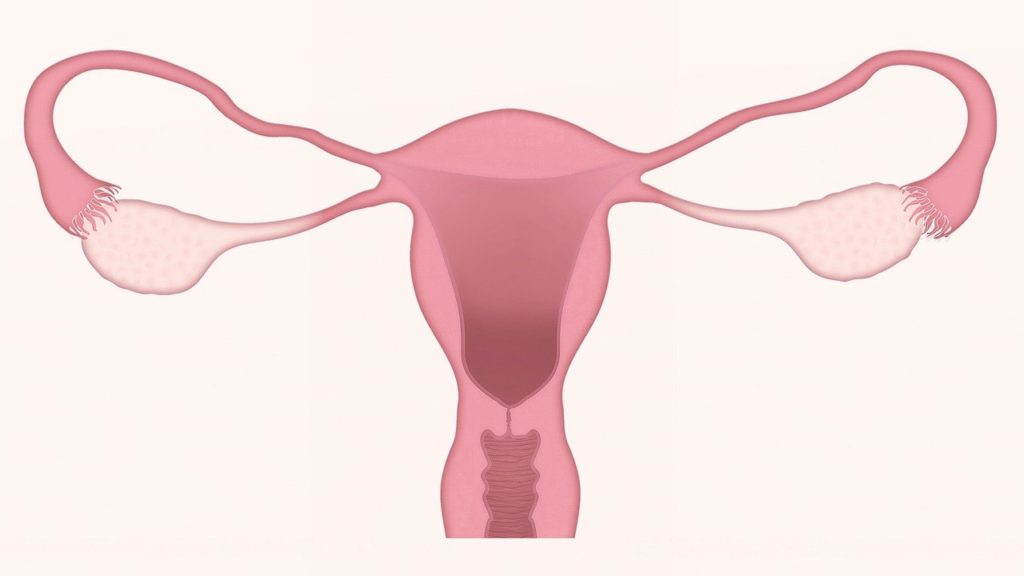Xerostomia OR Dry Mouth
What is Xerostomia?
Xerostomia is the condition when your salivary gland doesn’t produce enough saliva to keep the mouth wet.
Why Saliva is important for mouth health?
Saliva is very important to keep the mouth healthy. It moistens and breaks down food, washes away food particles from the teeth and gums, and helps people with swallowing. Lack of saliva makes chewing, swallowing, and even talking difficult.
Saliva keeps harmful germs in check. Therefore, the lack of saliva also increases the risk of tooth decay and fungal infections in the mouth. Saliva also contains important minerals such as calcium and phosphate that help keep teeth strong and fight tooth decay.
What are the causes of Xerostomia (Dry Mouth)?
It can happen when you are nervous or stressed. Dry mouth is not a normal part of aging.
There are many causes of dry mouth. Some of them are as:
- Diseases like Sjögren’s syndrome, HIV/AIDS, and diabetes
- Side effects of medicines like anti-hypertensives, anti-depressants, etc.
- Radiation therapy during cancer treatment. Radiation destroys the salivary glands.
- Drugs used to treat cancer can make saliva thicker, causing dry mouth
- Injury to the nerves that supply the salivary glands
What are the symptoms of Xerostomia (Dry Mouth)?
These include:
- Burning or Dry feeling in the tongue, mouth, and throat
- Difficulty chewing, swallowing, tasting, or speaking
- Cracked lips
- Mouth sores
- An infection in the mouth
- Bad breath
How Xerostomia is diagnosed?
Your doctor or dentist will ask you about your medical history and ask about any medications that you are taking. Your doctor may also ask you to get some tests done like a blood test or a test that measures the amount of saliva production.
What treatment options are available?
Treatment depends on the underlying disease. If the medicine is causing dry mouth then your doctor may change the medicine or change its dose. Your doctor may prescribe a saliva substitute.
Helpful Tips to relieve symptoms of Xerostomia (Dry Mouth)
You can relieve dry mouth symptoms by:
- Sipping water often and during meals.
- Avoid coffee, tea, and soda.
- Chew sugarless gum to stimulate saliva flow. Citrus or mint-flavoured candies are good choices.
- Avoid spicy or salty foods
- Quit tobacco or alcohol consumption










